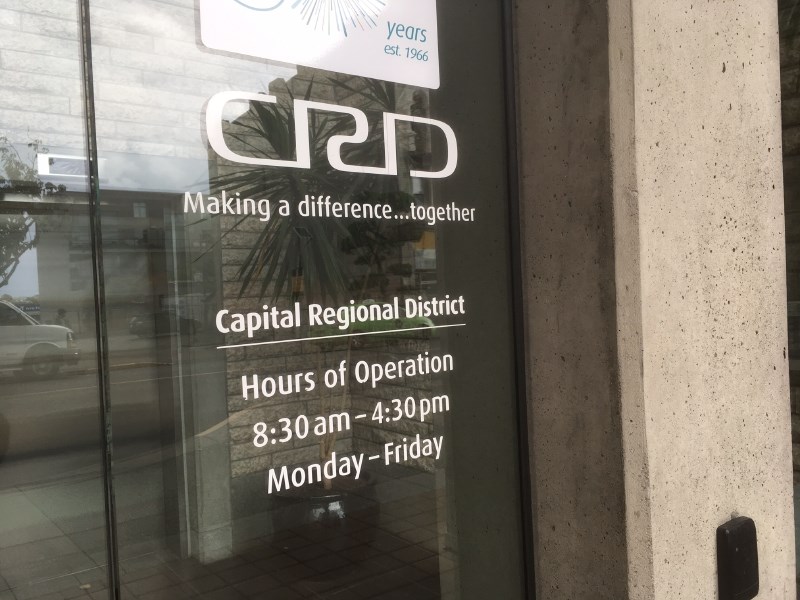The possibility of job action by the Capital Regional District’s 1,000 unionized employees has inched closer after an attempt at mediation last week failed.
Both sides are making application to the Greater Victoria Labour Relations Board to designate essential services — a requirement before any job action could be taken.
“We have to make sure there’s no risk to public safety and make sure essential services are maintained before we can take any job action or serve notice,” CUPE Local 1978 president Rick Illi said.
The designation doesn’t necessarily mean strike action is imminent, he added.
“Ideally, we want to try to have some more conversation with the employer. If that’s not forthcoming, then we have to look at what type of job action we would take.”
Kevin Murdoch, an Oak Bay councillor who serves as chair of Greater Victoria Labour Relations Association, which bargains on behalf of the CRD, said he also wants to see talks with the union continue.
“There’s always a possibility of more talks and that’s certainly our preference — to get back to either a mediated negotiation or negotiation to settle anything outstanding,” Murdoch said.
Union members voted 93 per cent in favour of strike action on May 31.
Illi says the main outstanding issue is the union demand for a “modest” increase in the 14 per cent hourly premium paid to casual and auxiliary workers in lieu of benefits.
“Auxiliary means they don’t have set schedules and are called in on an as-needed basis. They don’t get sick time. They don’t get vacation time and that sort of thing. What they receive instead is a percentage in lieu of benefits,” he said
Illi said more than half of CRD unionized workers are auxiliary.
Murdoch agreed the auxiliary benefit premium is the outstanding issue, but would not comment on specifics or dollar amount involved, noting the issue would have financial impacts beyond the CRD.
Established in 1976, the GVLRA bargains on behalf of several public-sector employers in the capital region, including the Victoria Police Department, the Greater Victoria Public Library, West Shore Parks and Recreation and several municipalities.
“Our mandate is to look at the overall cost impacts on all employers of any settlement. It changes the nature of the negotiations somewhat in that we’re not looking at just the specific costs to a single employer, but we’re looking at the aggregated costs to multiple employers,” Murdoch said.
“In this case, there’s substantive costs to a number of employers,” he said.
Illi said job action, if it occurred, would not necessarily start with a full-blown strike but could see something like an overtime ban.
“The far end of the spectrum is a full-scale strike where everything stops. But we don’t want to be inconvenient to the public unless we absolutely have to,” he said.
Before any strike action could be taken, essential service levels have to be negotiated and the union would have to serve 72-hour strike notice.



